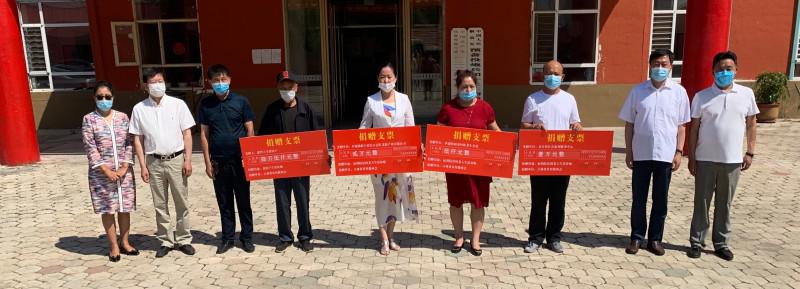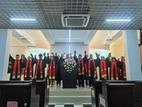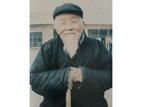On June 19, the Jilin Provincial CC&TSPM held a special ceremony in Yitong Manchu Autonomous County, Siping City. Representatives of three nursing homes and poor farmer families attended the ceremony and accepted the donations.
Yitong County is the only Manchu autonomous county in Jilin Province and one of the birthplaces of the Manchu ethnic group, according to Jilin CC&TSPM. It has a long history of both Manchu and traditional Chinese culture. The Manchu population is 176,000, accounting for 37.9% of the total population of the county.
Grain production is the main source of income in Yitong County, which is one of the nation's grain base counties. Due to the pandemic, some elderly care institutions and poor farmers in the county encountered financial difficulties. Through its relationship with the Jilin Religious and Cultural Exchange Association, the Jilin Provincial CC&TSPM raised 100,000 yuan and donated 65,000 yuan to three nursing homes in Yitong County and 120 poorly-registered households. Included were 5,000 yuan given to a group of seniors to assist with their living costs in elderly care facilities.
After visiting the Yitong County Social Agency, Pastor Xiao Yixing, director of the Social Services Department of the Jilin CC&TSPM, saw the situation of the "At-Home Hui Elderly Apartment" and decided to donate 10,000 yuan of his personal funds. He entrusted elder Cong Deqiang in the Yitong County church to purchase food and other necessities to improve the lives of the elderly residents. Pastor Xiao Yixing said that although conditions at the "At-Home Hui Elderly Apartment" aren’t perfect, the people living in the pension were all Hui people, they didn't care about ethnic groups and hoped to help them overcome the difficulties ahead.
After the ceremony in which the funds were donated, they went to visit six poor families in Lujia Village, Yidan Town, Yitong County, personally delivering the donations. Later, they visited the Yitong Manchu Museum, the Yitong County Church and the loving care home.
-Translated by Abigail Wu












